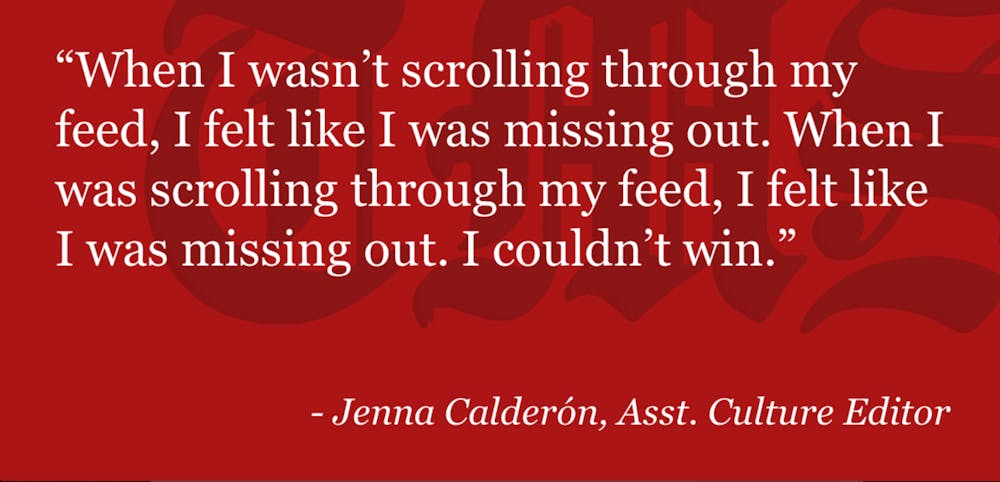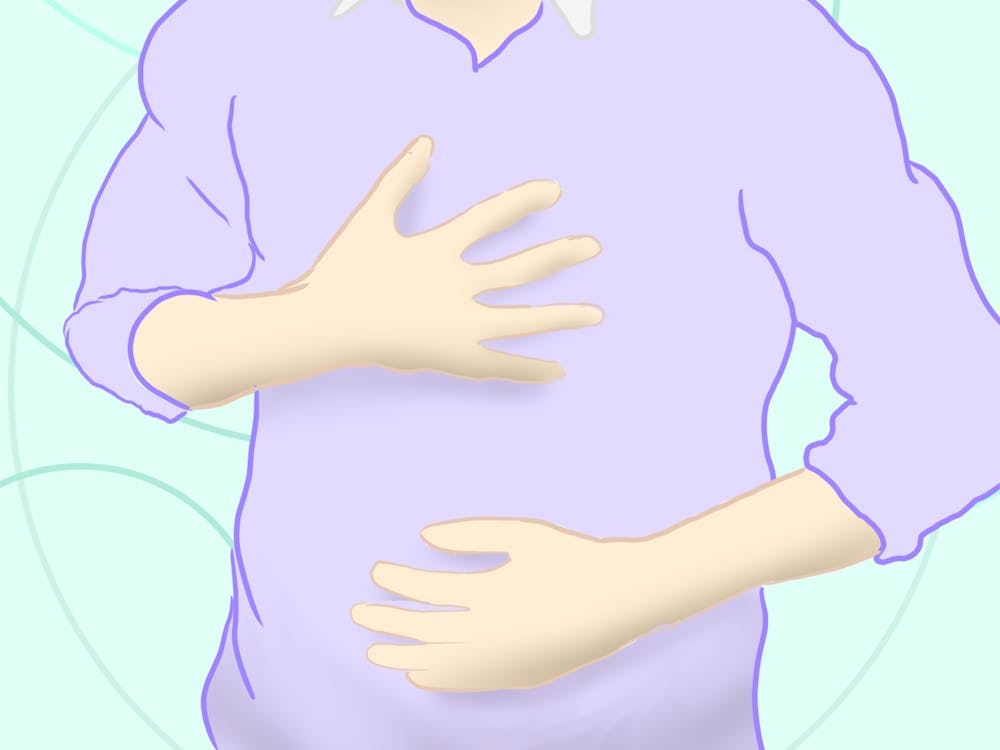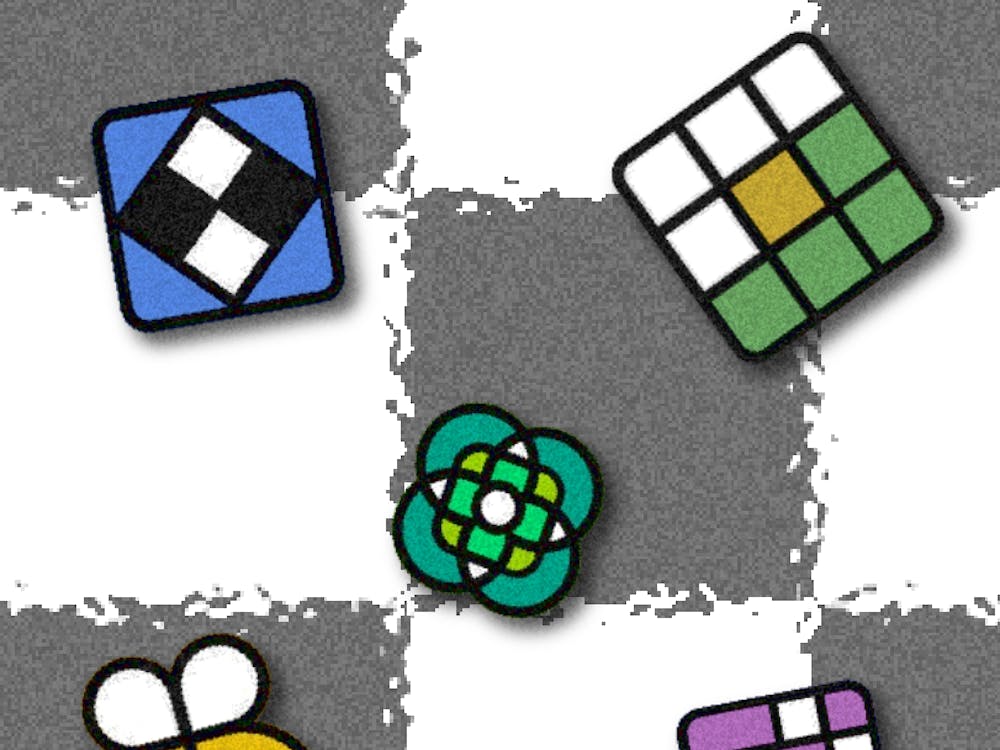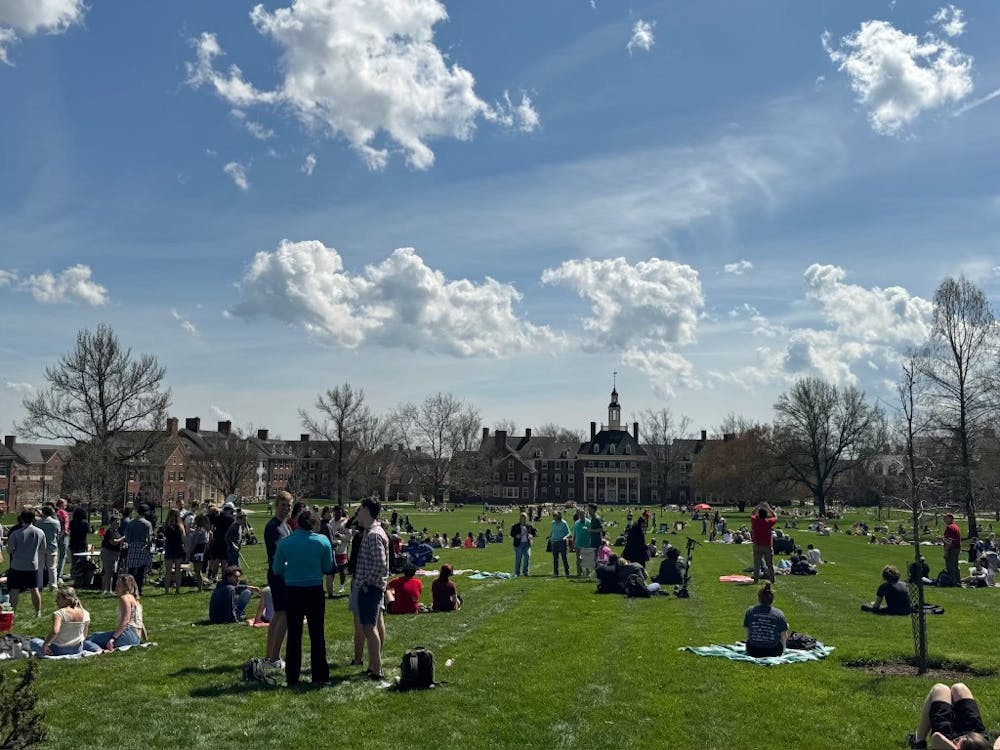Three weeks ago, I deleted Instagram. Not just the app, but my whole account. Eight years of my life in little square pictures, out the window.
I never thought of myself as someone who was obsessed with social media. I knew I spent a decent chunk of time on it, but that was true of all 19-year-olds … right?
In my head, I was no worse than the average Instagram user, and I was most certainly not included in the group that the older generations so fondly refer to as “those damn kids always on their phones.”
Well, it turns out I was. I guess I’m not as special as my grandfather had hoped.
Sorry, Grandpa.
***
In the past, I’ve been notorious among my friends for taking short hiatuses from Instagram – I delete the app for a few days and then return, fully cleansed of any social media demons I’d previously had. A few weeks later, I’d do it again. It was a cycle that was never truly satisfying.
Once I returned to my childhood home to finish the semester, I needed something to distract myself from the fact that I was, well, in my childhood home. I turned to my phone, specifically Instagram, to keep me occupied when I wasn’t drowning in school work.
My screen time spiked just days after coming home, and I knew this because my phone flashed a little report across the top of my screen every night.
Not appreciated, Apple.
I could feel my assigned FBI agent judging me on the other side of my front camera. But more than anything, I was judging myself.
Even worse than knowing I was wasting hours of my day staring at an app with little to no real value was feeling the effect it was having on my mental health.
Enjoy what you're reading?
Signup for our newsletter
When I wasn’t scrolling through my feed, I felt like I was missing out. When I was scrolling through my feed, I felt like I was missing out. I couldn’t win.
But if I’m being honest, at the end of the day, I hated how Instagram made me feel about myself.
My self-esteem plummeted every time I opened the app.
I’d lie in bed in my sweatpants and a t-shirt that I’d been wearing for a few days too long and look through posts. The truth is, I already felt shitty about how I was looking and feeling in quarantine. Instagram on top of that just pushed me a little too far.
Social media has created a culture of comparison, and I’m tired of it. Instagram is the worst culprit I’ve been a part of, and studies prove it, according to Time Magazine.
In the week after I deleted, I found out how habitual checking my feed had become. I caught myself picking up my phone every few minutes to try to locate an app that was no longer there. I discovered how addicted I’d really been to keeping up with the Joneses, and that realization sucked even more than the FOMO.
My generation has been given the gift of constant connectivity. If we want information, we have it. If we want to talk to somebody, we can, and it’s instant. For the most part, this is a blessing.
But is it worth the curse?
Because we have access to everything and anything, we’re expected to utilize it. We’re expected to be constantly in the know, constantly interacting and consistently checking to see what the next new thing is. Getting breaking news is great, but I don’t need a play by play of what all my peers are doing every second of every day. I don’t need to see what they post to feel connected to everyone. In fact, I don’t want to anymore.
Eventually, I’ll get over the FOMO and just experience the benefits of not being constantly logged on. Even now, less than a month after deleting, the anxious need to be on social media 24/7 has subsided. Every once in a while, I wish I could see just one more Spotify screenshot on a story. I’d even listen to the song, I really would. But for now, I’ll deal with people texting me, worried that I’ve blocked them and missing a few things here and there, because so far, this Instagram-less life is a good one.




